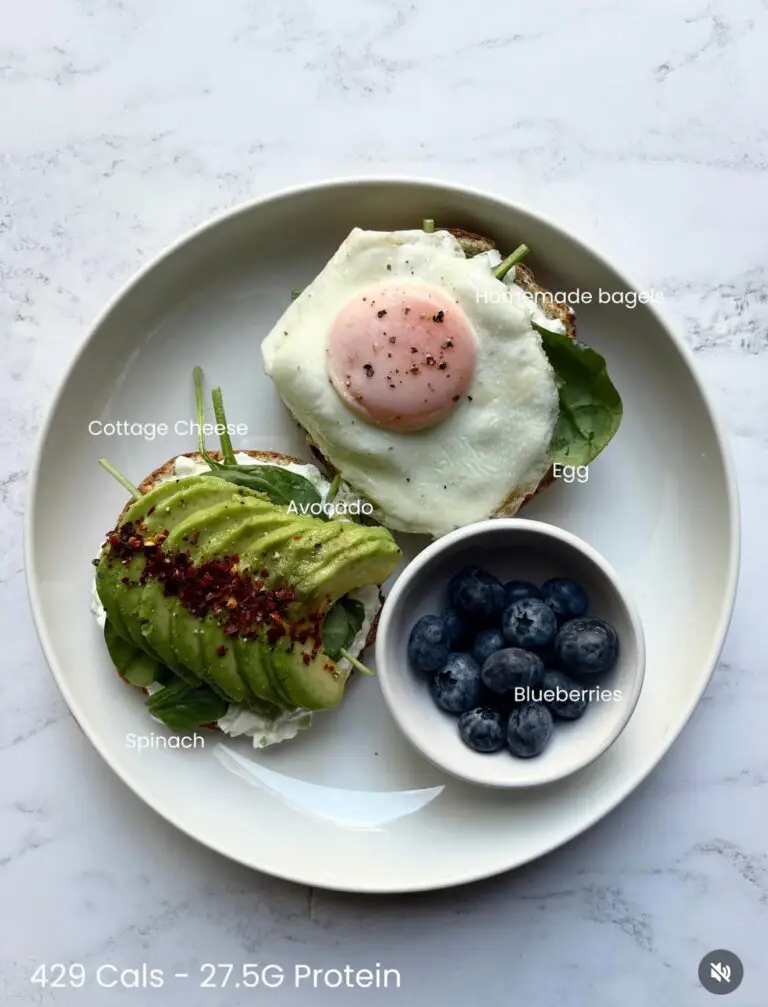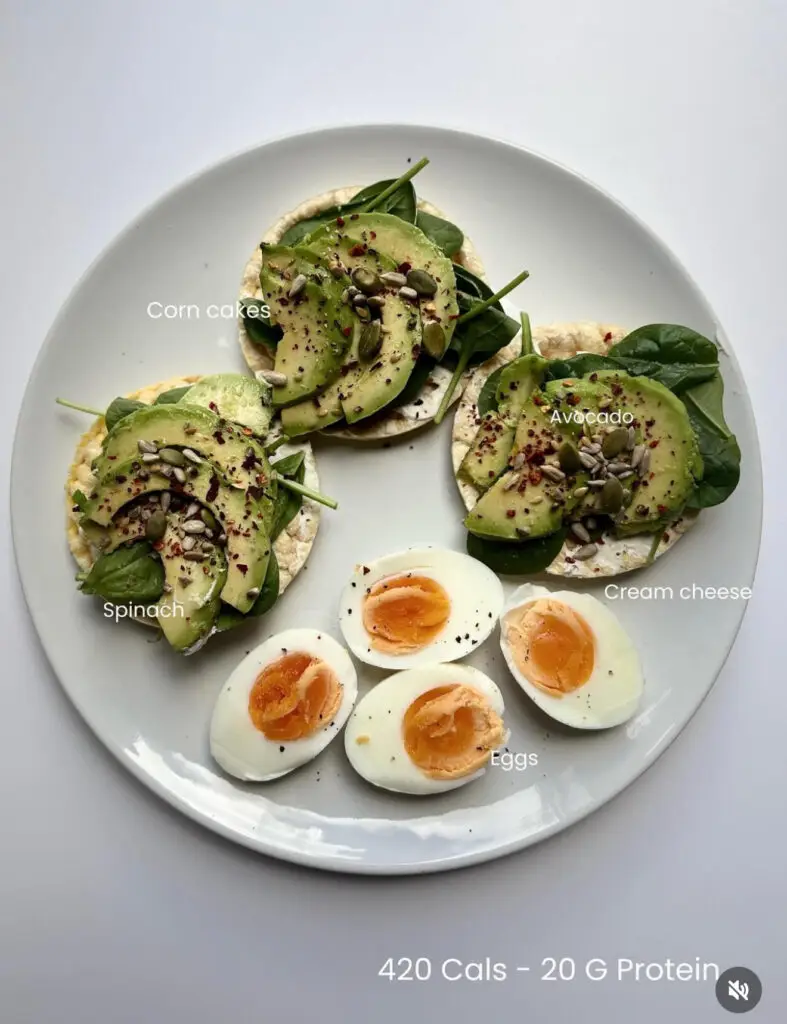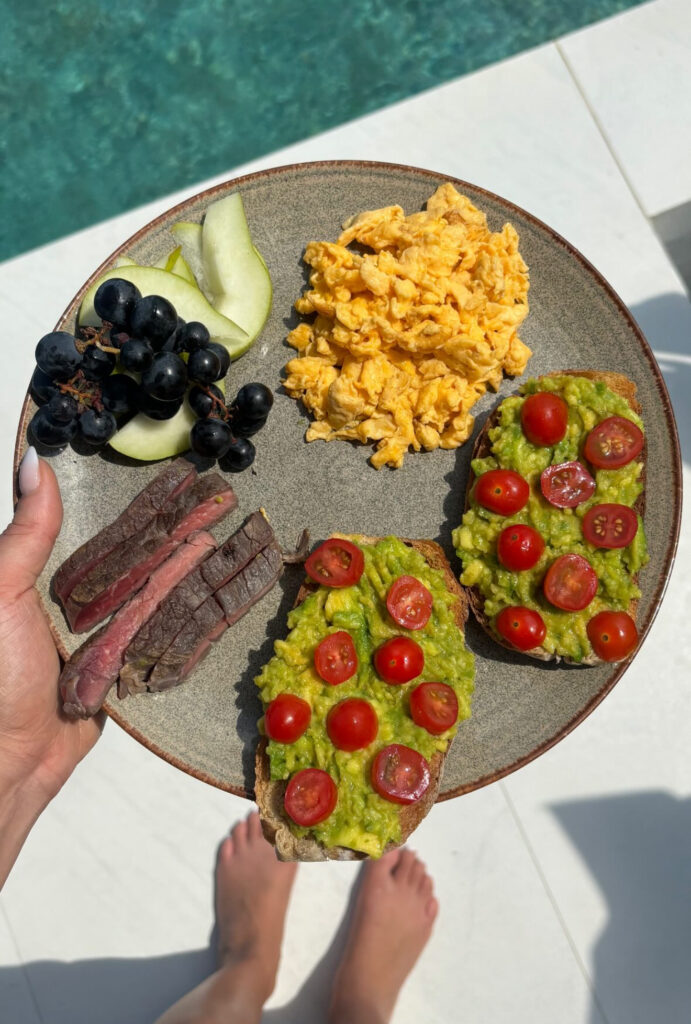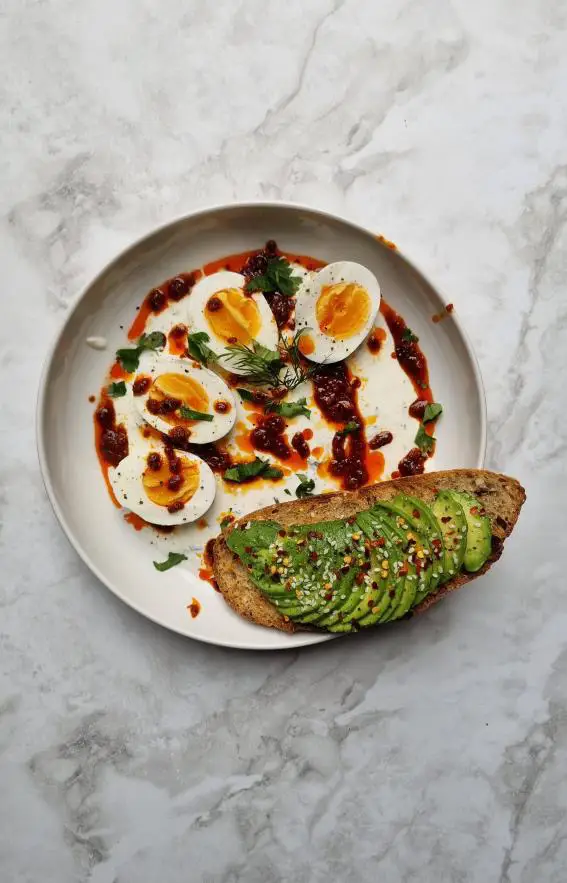By Will Duru, BSc (Hons) Sport and Exercise Science – Award-winning Personal Trainer (10+ years coaching women & men to be strong and powerful in the heart of London
Keto Diet: Muscle Gain vs Weight Loss
What keto is
Very low carbs
High fat
Moderate protein
What most people want
Most clients ask about keto to drop fat fast
Keto can help fat loss by lowering appetite
Is keto best for building muscle
For muscle gain, very low carb is rarely the best choice
An 8-week study: men on keto (with hard training and a calorie surplus) lost more fat but gained no muscle
Men on higher carbs did gain muscle
So keto can help you lose weight without losing muscle, but it “might not be useful to increase muscle mass” when you try to bulk
Why keto is weaker for muscle growth
Carbs fuel hard training
For size and strength, experts suggest 4–7 g carbs per kg body weight per day
Very intense training can go up to 10 g/kg
Strict keto holds carbs at ~5–10% of calories, often under 50 g/day
That is a big drop in fuel
Less fuel can lower training intensity and volume, especially on big lifts or high-rep work
A recent review: max strength may stay fine short term, but higher-volume hypertrophy work feels harder and some anabolic signals may drop
Muscles grow best when you train hard and recover well
Carbs help you keep performance high
Calories and appetite
To build muscle, you need a calorie surplus
Keto is filling (fat and protein keep you full)
Many people eat fewer calories without trying
Good for weight loss
Not good when you need extra calories to grow
One review: keto “does not seem to be the best option for muscle hypertrophy, due to the effect of satiety and the lack of adherence” in a surplus
Very low insulin on keto may reduce growth pathways
Ketosis can help preserve muscle in a deficit, but it also signals a kind of “fasting” state
That is not ideal for maximum muscle gain
Bottom line
If your main goal is muscle, you do not need strict keto
Most lifters do better with plenty of carbs and enough protein
Keto can be useful later to cut fat while keeping muscle, or if you simply feel best on it
Expect slower muscle gain on strict keto
Every body is different, but there is no magic in keto for muscle growth
Focus on what works: progressive strength training and sufficient protein, with moderate carbs for energy
- Let’s talk about your training next. No diet builds muscle without the right stimulus.

What Type of Training Builds Strength and Muscle?
What you need
Resistance training.
Weights, machines, bodyweight, or bands all work.
The key
Progressive overload.
Gradually add load or make the exercise harder over time.
For pure strength
Heavy sets.
3 to 6 reps per set at a high weight.
For muscle size (hypertrophy)
Moderate reps.
8 to 12 reps per set with shorter rests.
Good program basics
Mix rep ranges across the week.
Focus on compound lifts: squats, presses, deadlifts, pulls.
This training makes muscles adapt. Stronger and often bigger.
Decades of research support this. It works for men and women.
Men vs women
Myth: women cannot gain as much muscle or strength.
Truth: men have more testosterone and often more starting muscle, so they may gain more absolute mass.
But in relative terms, women’s muscles respond just as well to resistance training.
A classic study: men and women increased strength and arm muscle size by similar percentages on the same program.
Ladies, lift. You will not get bulky overnight. You will get stronger, more toned, and healthier.
Strength training helps everyone. Better metabolism, bone density, and confidence.
No gym No problem
Bodyweight can build strength.
Push-ups, pull-ups, squats, lunges.
Done well and progressed, these grow muscle.
Cool evidence
A study showed push-ups with a workload near 40 per cent of bench press 1RM led to similar gains in muscle size and strength as bench press over 8 weeks.
Your muscles do not care where resistance comes from. Iron or bodyweight. They care that you challenge them often.
How to progress at home
Add reps when you can.
Knee push-ups to full push-ups.
Then decline push-ups.
Move to harder variations:
Keep the challenge going and you will keep growing.

Protein: How Much Do You Need for Muscle Building?
Why protein matters
Whether you go keto or not, protein is the most critical nutrient for building muscle.
Muscles are made of protein.
Resistance exercise creates tiny damage that needs amino acids to repair.
Getting enough protein, spaced evenly through your day, helps maximise recovery and growth.
How much do you need
For active people building or maintaining muscle, you need more than the general RDA.
Strength-trained athletes: around 1.6 to 1.7 g per kg body weight per day.
Example: A person weighing 70 kg (154 lb) aims for 112–119 g of protein daily.
Simple rule of thumb: 0.7–0.8 g per pound body weight.
Do more help
Going much above 2+ g/kg is not shown to add extra muscle gain.
It can crowd out carbs or fats you also need for energy and overall nutrition.
Food vs supplements
Protein supplements (whey, vegan powders) are convenient, not magic.
You can meet needs with food: lean meats, fish, eggs, dairy, beans, tofu, and similar.
The key is hitting your total daily target consistently.
Do not forget carbs and fats
Carbs are protein-sparing and help fuel your training.
They let protein do its main job of building muscle instead of being burned for energy.
Healthy fats (avocado, nuts, olive oil, and so on) support hormone production and health.
A balanced diet with enough total calories is vital.
If calories are too low, your body may struggle to add muscle even when protein is high
Building muscle is energy-intensive.

Putting It All Together: Smart Training + Smart Nutrition
To build muscle effectively, focus on the tried-and-true fundamentals:
- Follow a structured strength training program – ideally 2-4 sessions per week hitting all major muscle groups. Gradually lift heavier or do more reps over time. Both men and women will see significant strength gains and muscle definition from consistent training .
- Ensure enough protein daily – roughly 1.6 g/kg of bodyweight is a good target for most people building muscle . For instance, spread your protein across meals (e.g. protein at breakfast, lunch, dinner, and a post-workout snack).
- Don’t skimp on carbs when training hard – they’re your fuel. Even though keto is popular for fat loss, a moderate-to-high carb intake (with quality carbs like whole grains, fruits, veg) will generally power better workouts and muscle gains. In fact, high-carb diets are traditionally recommended for maximising hypertrophy and strength. You can still keep carbs healthy (not from junk food) and time them around workouts for performance.
- Hydrate and recover – muscles need water and rest to grow. Get 7-9 hours of sleep and rest days to allow recovery. No diet can compensate for overtraining or lack of recovery.
- Consider tracking your progress – It’s motivating to see your strength improving. You can use a simple notebook or a digital tool to log workouts, and even track nutrition if that helps you stay on target.
Final Thoughts
A high-fat keto diet is not a magic bullet for muscle gain. If anything, it’s a tool better suited for specific situations like cutting weight while sparing muscle. For most people eager to get stronger and add lean mass, a more balanced approach with quality carbs, ample protein, and heavy training will yield the best results. Build your diet around whole foods that fuel your workouts and support recovery. Train hard and smart – whether that’s under a barbell or using your own body weight – and give your body the nutrients it needs to adapt.
Remember, building muscle is a marathon, not a sprint. Stay consistent, be patient, and track your progress. Over time, you’ll see your strength climb and your physique improve. And enjoy the process! There’s something powerfully rewarding about challenging your body and seeing it respond. Whether you’re male or female, 18 or 48, newbie or experienced, you have the ability to get stronger. With the right training, the right fuel, and the right mindset, you’ll surprise yourself with what you can achieve.

References:
- Vargas et al. (2018). J Int Soc Sports Nutr. – Ketogenic diet vs non-keto in 8-week strength training: “KD might not be useful to increase muscle mass during [a surplus]” .
- Vargas-Molina et al. (2024). Nutrients. – Review: High-carb intake (4–7+ g/kg) is recommended for hypertrophy, and strict keto is “not the best option” for muscle growth due to satiety and reduced anabolic signaling .
- Bagheri et al. (2023). Front Nutr. – Protein guidelines: strength athletes should consume ~1.6–1.7 g protein per kg bodyweight daily for muscle building .
- Cureton et al. (1988). Med Sci Sports Exerc. – Men vs women in strength training: relative gains in strength and arm muscle size were not significantly different between sexes after equal training
- Kikuchi & Nakazato (2017). J Exerc Sci Fit. – Bodyweight vs weights: 8-week push-up program (at ~40% 1RM load) produced similar muscle hypertrophy and strength gains as bench press training .





